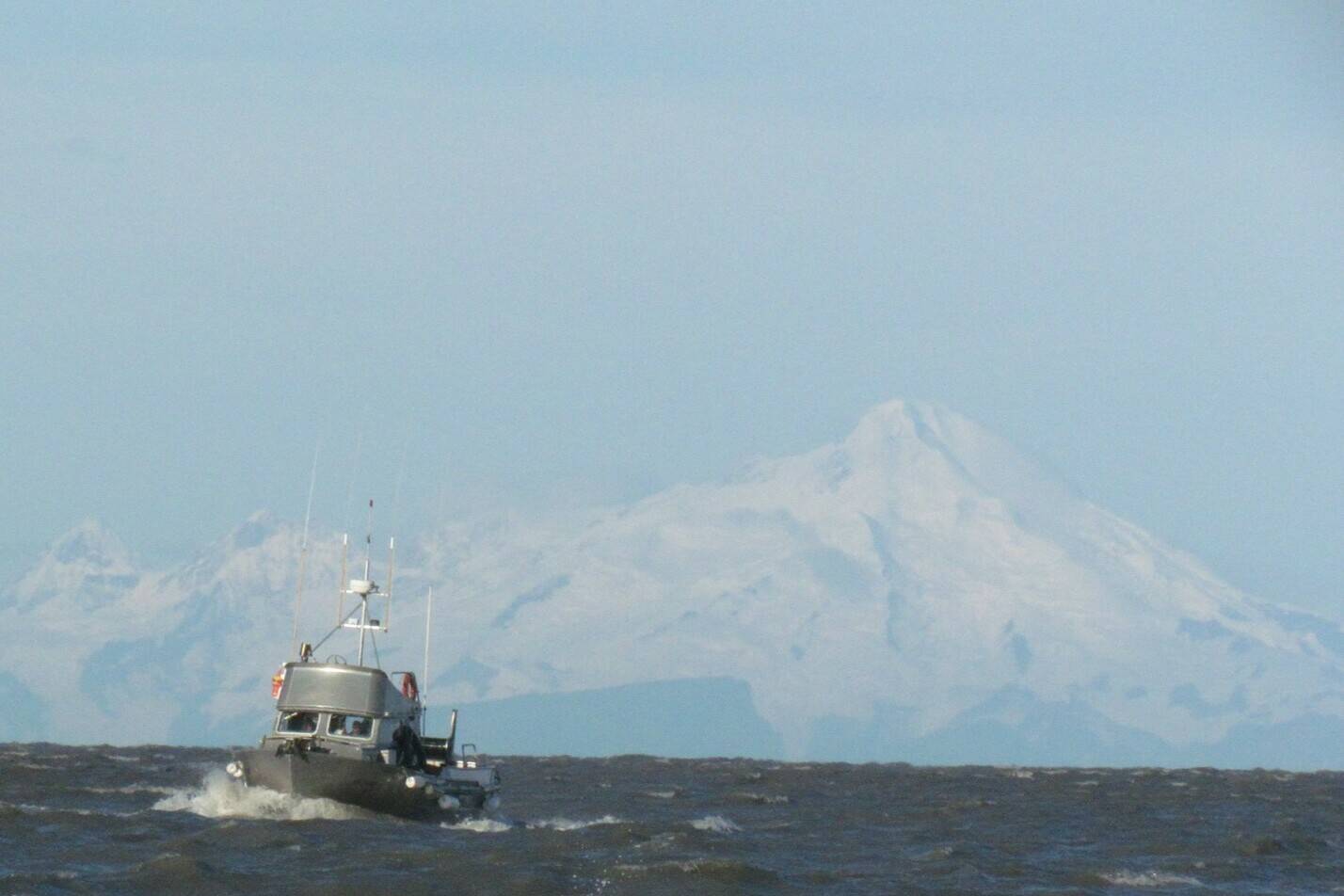I am a small businessman, outdoorsman and a proud lifelong Alaskan. I grew up in Homer where it’s easy to identify and appreciate the value of a strong working waterfront and the opportunities this state has to offer. I love this state, its diverse communities and all of its incredible natural resources that allow us to thrive here. I also love my job as a fishing charter captain, a large part of which allows me to share what I love about Alaska with residents and nonresidents alike. There’s nothing quite like watching someone catch their first fish or even their 100th.
Many of these opportunities exist today in part thanks to Alaska’s hatcheries and the key role they play in maintaining strong wild stocks across the state and in how they bolster the economic well-being of our coastal communities. Alaska’s hatchery program is older than me, with the state establishing the program as we know it today in the early 1970s. It was a founding principle of the hatcheries that the aim of the program would be to supplement — not replace — wild stocks. The vision of ensuring the long-term sustainability of Alaska’s fisheries remains, and has guided the management decisions surrounding the hatcheries in the 50 years since.
Our regional aquaculture association, Cook Inlet Aquaculture Association, works alongside the six other nonprofit aquaculture associations and 25 hatcheries throughout the state to ensure that Alaskans can feed their families, support their communities, enjoy wild spaces and honor their cultures. Alaska’s salmon hatcheries produce roughly one billion meals per year for Alaska harvesters and consumers around the world. Our fisheries are a vital part of Alaska life, from the Aleutians to the Interior, and as our state population and tourism has grown, our fishery managers have been able to target hatchery salmon first, in order to relieve pressure from returning wild stocks, to ensure the survival of these runs for future generations.
As with many things, Alaska’s hatchery program has faced some misinformation in recent years. Alaska hatcheries primarily produce pink salmon, largely because they are economically efficient due to their two-year life cycle. Additionally, there has been no scientific evidence that shows that hatchery-born pinks negatively impact wild stock pink salmon populations. In fact, the second highest wild pink salmon return in Alaska’s recorded history occurred as recently as 2021. There is no scientific data that points to hatchery-born pinks impacting king salmon either, particularly due to the fact that king and pink salmon have different diets. While hatchery salmon are an easy scapegoat for recent declines of king salmon populations, there has yet to be a scientific report that demonstrates hatchery-born fish are to blame.
Strengthening Alaska’s salmon populations means strengthening Alaska. Alaska hatcheries provide protection from the natural ebbs and flows in wild stock salmon returns, insulating family commercial fishing businesses, Alaska-based processors, and Alaskans who fish for subsistence and sport from fluctuating wild-born salmon runs. According to McKinley Research, Alaska’s salmon hatcheries contribute $602.1 million in total economic output in Alaska each year.
As a business owner in Homer and active member of Homer’s fishing community, I’ve benefited from this program for the better part of the past eight years, and I’ve watched countless clients reap the benefits as well. I am proud of these hatcheries and their contributions. These are Alaskan hatcheries, employing Alaskans, and benefiting Alaska communities. From providing jobs to local tax revenue to the fish themselves, our hatcheries are critical not only to our state’s seafood industry but to a multitude of other aspects of Alaska life. For the future generations who will depend on our sustainable fisheries and healthy economies we are striving to build today, it would be unfair to discuss hatcheries with arguments rooted in anything other than fact.
Brian Ritchie is 33 years old and was born and raised in Homer. He received a Bachelor’s degree from UAA and finished a Master’s degree in Environmental Science focusing on fisheries in 2020. He started his charter fishing business in 2016 and has been lucky to partner and grow the business, adding more vessels and an office where they provide bookings for other owner-operators in Homer. He is an active community member and wants to see Alaska fisheries and communities thrive.

